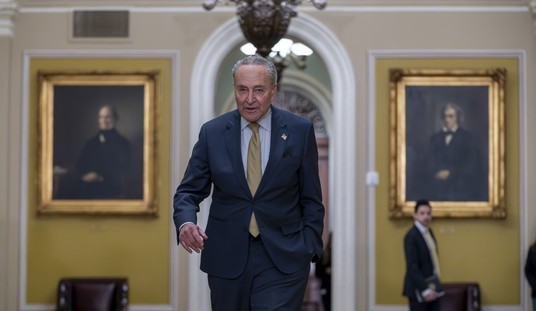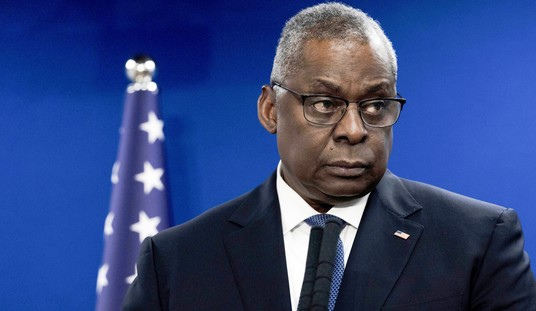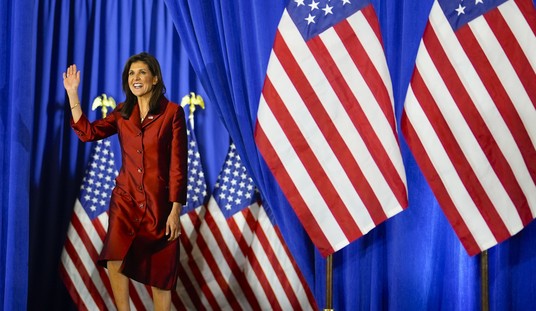Somehow, the message Hillary Clinton’s nascent presidential campaign took from 2014 is that the former secretary of state is a rising star and Democrats are winning the future. That is the inevitable takeaway from an interview Talking Points Memo’s Dylan Scott conducted with President Barack Obama’s former battleground states director for his 2012 campaign, Mitch Stewart.
According to this seasoned Democrat, Clinton can reasonably expect to expand on Barack Obama’s 2008 successes with minorities and do him one better as a result of Clinton’s appeal to working class white voters. In fact, Stewart says, Clinton can expect to flip red states in 2016 like Arizona, Indiana, Arkansas, Missouri, and Georgia to claim 382 votes in the Electoral College.
None of these states are likely to be the key 270th electoral vote, Stewart emphasized. The electoral tipping point is still likely to be the traditional battleground states: Iowa, New Hampshire, Virginia, Ohio, Colorado and Nevada. But if Democrats can make these other states competitive, it gives them more room for error and forces Republicans to expend resources in places that have traditionally been marked down as wins for them before the campaign even starts.
“If Republicans have to spend resources in Arizona and George to make sure that they win it, that means that they’re spending less resources elsewhere,” Stewart said. “The further we can play into their field, the more money they’re going to have to spend playing defense in places they’ve normally taken for granted.”
Stewart’s outlook is a common one in the Hillary 2016 universe. The New York Times‘ Amy Chozick reported earlier this month that Clinton supporters have a term for it — the “New Clinton Map,” which combines white working-class women with the Obama coalition to expand the electoral playing field.
Other top Democratic strategists, not as immediately involved in Clintonland, agree that they might be onto something.
The Washington Post’s Chris Cillizza calls this rather rosy appraisal of Clinton’s electoral appeal out for its “ridiculousness.”
It’s easy to assume — and the Clintons almost certainly are assuming — that the former first couple of Arkansas have a special connection to the Natural State. After all, Bill Clinton spent years as the state’s governor and used it as a launching pad for his presidential bid in 1992.
That was a very long time ago. And even in the past six years, Arkansas has moved heavily away from Democrats at the federal level. In 2008, both U.S. senators from Arkansas were Democrats, as were three of its four House members. Following the 2014 elections, all six are Republicans. ALL SIX. President Obama won just 37 percent of the vote in the state in the 2012 general election after watching someone named John Wolfe win 42 percent of the vote in the Democratic presidential primary against him.
Would Hillary Clinton do better than that? Yes. But the idea that the Arkansas that helped push Bill Clinton into the national spotlight has anything in common, politically speaking, with the Arkansas of 2014 is a fallacy. As for the idea that Obama’s race was the fundamental reason for his poor showing among white working-class voters, here are two words for you: Mark Pryor. As in, the two term incumbent senator — and son of a former governor and senator in the state — who just lost badly in his bid for reelection. Pryor took just 31 percent among white voters and won an even more meager 29 percent among whites without a college education. (The exit poll didn’t break down income level by race.)
Missouri and Indiana are slightly — emphasis on slightly — less clear-cut as such huge reaches when it comes to Clinton’s presidential prospects. Obama’s successes in both states in 2008 — he won Indiana and lost Missouri by less than 4,000 votes — would seem to provide significant encouragement for the Clinton forces. But subsequent election results in both states make 2008 look far more like the exception than the rule for Democrats.
Cillizza’s analysis is correct, but it probably misses the point. Stewart’s bullish assessment of Clinton’s abilities, pronounced confidently in a leftwing publication, are perhaps less of an attempt at political analysis and more of an appeal to calm the rising concerns among liberals that Clinton is not up to the task of retaining the White House for Democrats.
From The Nation magazine, to MSNBC’s Morning Joe, to David Axelrod, the left is no longer concealing their lack of confidence in Clinton’s abilities as a campaigner. Even those who are convinced of Hillary’s appeal fear that 2016’s anti-Democratic headwinds will be too strong for even a popular figure like the former secretary to overcome. Unrealistically optimistic forecasts like those offered by Stewart are only likely to inspire more panic on the pragmatic left.








Join the conversation as a VIP Member